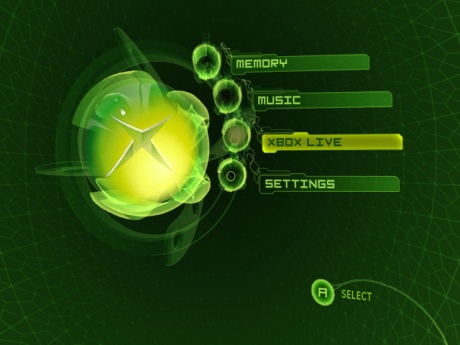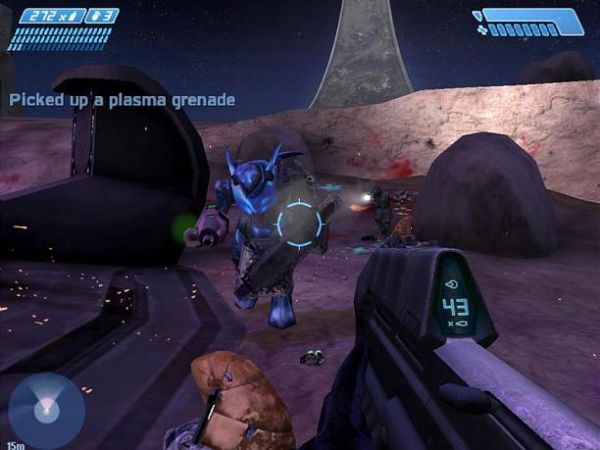
Microsoft accurately foresaw the rise of home broadband, and also gamers' desire to play online with their friends, or sometimes even with strangers. Sega's Dreamcast had included online functionality two years earlier, but with a dial-up modem, so slow that it could not easily replicate the seamless couch co-op experience. The Xbox's broadband capabilities, in contrast, could handle much more, and Microsoft used this feature to its advantage when it launched the Xbox Live service in 2002.
The importance and influence of Xbox Live cannot be overstated. Online gaming was not exactly new, especially for PC gamers, but the lack of consistency in joining games was a big problem. Most games had their own unique methods for connecting players to one another. If you consistently played online with a small group of friends, this could be very frustrating. Say you and your buddies picked up a new game. You had to figure out what servers, gateways, or portals you and all your buddies were using in order to connect. It was an inconvenience at best, and could be a co-op killing deal-breaker depending on each person's location, internet provider, or hardware configuration.

Xbox Live provided a far friendlier method, with much greater ease of connection. Each player had his or her own unique gamertag, and this was the same whether you were playing Halo, Crimson Skies, or Marvel: Ultimate Alliance. All you had to do was keep track of your friends list. A standard method for voice chat was tied into the service, too, and this made it even easier to keep the lines of communication open. You could even download games to the Xbox's hard drive through Xbox Live, though XBLA wouldn't really explode in popularity until the Xbox 360 era. Xbox Live was a huge benefit, and led many to pick up Microsoft's console instead of the competition's.
The Xbox was an excellent system for playing video games, with many features that made it especially popular among the hardcore gamers. The graphics and sound capabilities alone made it great, but it was Xbox Live that really brought something new to the table. Microsoft would expand Xbox Live's capabilities and functionality when it released the Xbox 360 in 2005. Online play, including co-op, has become one of the hallmarks of modern console gaming. Xbox Live undoubtedly the greatest innovation from Microsoft's big, black, box.
Next week, we'll take a close look at the other ten-year old video game console. Nintendo's quirky Gamecube did not have the easy online capabilities of Xbox Live, nor the market penetration and DVD-playback of the Playstation 2. But it did have an amazing pedigree and several unique innovations that led to its revolutionary successor, the Wii. We'll discuss the most co-op friendly of the Gamecube's attributes in the second half of this series.